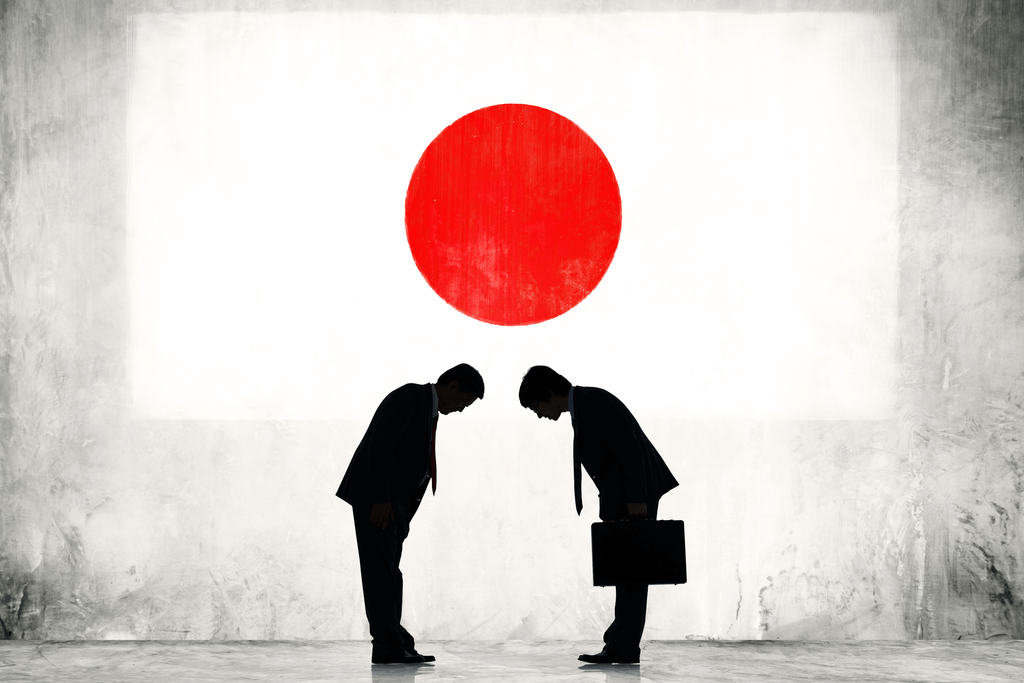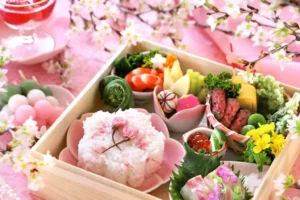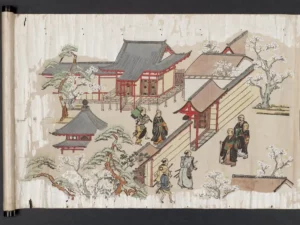If you have ever wanted to work in Japan or work with a Japanese business, it is essential to know the basics of business etiquette. Japanese business etiquette is a bit more meticulous than in the West. Not to mention, even the locals struggle with the basics as well.
It’s common for Japanese university students to take special classes to brush up on their business etiquette. This article will explore the basics of business etiquette in Japan so that you will be ready when you have to deal with Japanese businesses.
One of the most important things that influence etiquette is the seniority system. It is important to observe it when exchanging business cards and having meetings or you may risk offending someone. It is also important to present yourself professionally both in attire and mannerisms.
Table of Contents
ToggleBusiness Attire
In business settings, dress code or attire is very important. How you dress can greatly affect your reputation and how others perceive you. While each company has its own specific dress code, the general code for both men and women is formal.
The suit should be dark-colored – black or dark blue preferred. However, it is advisable not to wear a black suit with a white shirt and black tie as it’s more funeral-appropriate. Shoes should be formal and easily removable when entering certain buildings in Japan.

For women in particular it is usually advised not to wear any clothes that may be counted as “too revealing” – this means shoulders should be covered and skirts should cover the knee. Some companies will also require women to wear heels, but this practice is slowly phasing out.

In summer, wearing full suits can be very hot, so some companies have a “cool biz” guideline that allows you to dress less formally – almost like business casual. You do not typically have to wear a suit jacket or tie and you can dress in lighter colors. In general, it’s still best to dress conservatively to avoid misunderstandings between you and the company you are doing work with.
Want to immerse yourself even more in authentic Japanese culture? Check out Sakuraco! Sakuraco sends traditional Japanese snacks, teas, and tableware from local Japanese makers right to you or whoever you are gifting to!
Business Cards
Business cards are widely used in Japan and it’s an essential item to have on you at all times when you meet new people. There are no hard rules about what the design should be but most business cards have the following points: 91 mm × 55 mm dimensions and have English information on one side and Japanese on the other side. Typically, the information includes your workplace name and contact information.
Nowadays, many people also put a QR code on the card that links to their personal website or company website. If you want to put Japanese information, use a professional translator to make sure it’s accurate.
Business Card Etiquette
According to business etiquette in Japan, instead of shaking hands when you meet someone, you exchange business cards. Compared to most Western countries, there is a very particular etiquette when it comes to exchanging business cards. If you do not follow it, the person who you are exchanging cards with may get offended.
It is important that the most senior or highest ranking member initiates first and then the visitor or junior follows. You are to use both hands holding the top corners of the card and pass the card with the text facing the person you are giving it to. When exchanging the card you should bow give a slight bow. Moreover, if you are the visitor or junior your card should be under the other person’s when bowing.
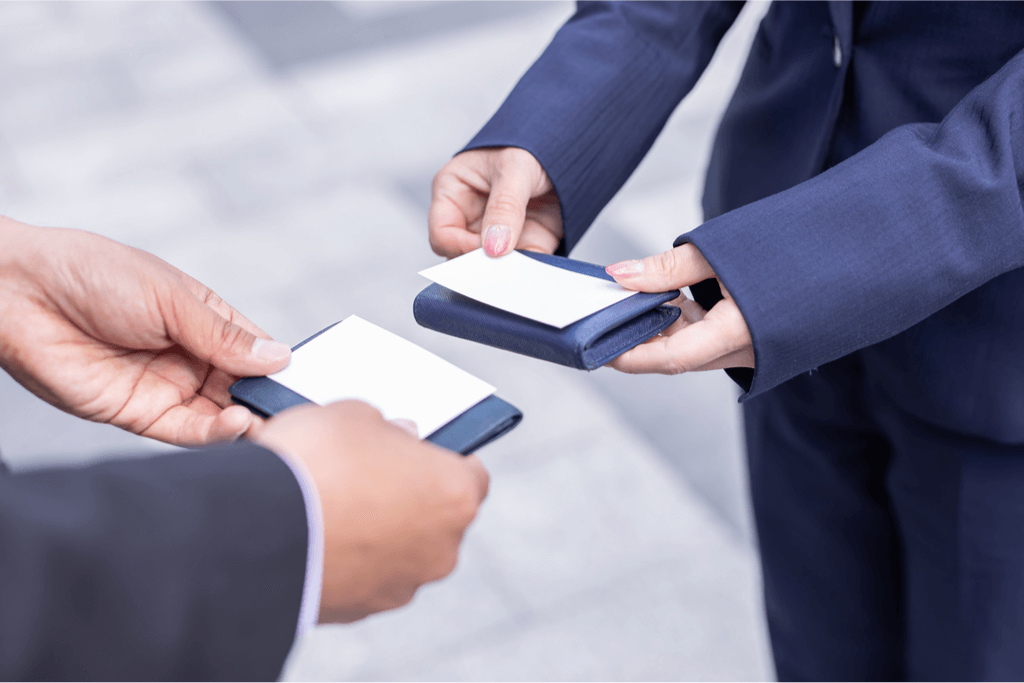
When bowing you should say your name and company for example Hajime-mashite (Nice to meet you) – [Toshiba] no [Suzuki] to moushimasu (I’m Mr/Ms Suzuki who works at Toshiba)Yoroshiku-Onegaishimasu (Again, it is nice to meet you.)
After receiving the card you should say chodai itashimasu – meaning you receive the card with thanks.
Since business cards are still very much used in Japan, a business card hold will prove quite useful. This is so you can keep your cards, and the cards you receive, together.
Timeliness
Being on time is very important in Japanese business culture. Ideally, you should arrive 10-15 minutes earlier than your scheduled appointment. If your meeting is in the morning, be careful about being on time. Buses and trains are usually very crowded during rush hour. It may be best to reserve a taxi to avoid getting a later train or bus.
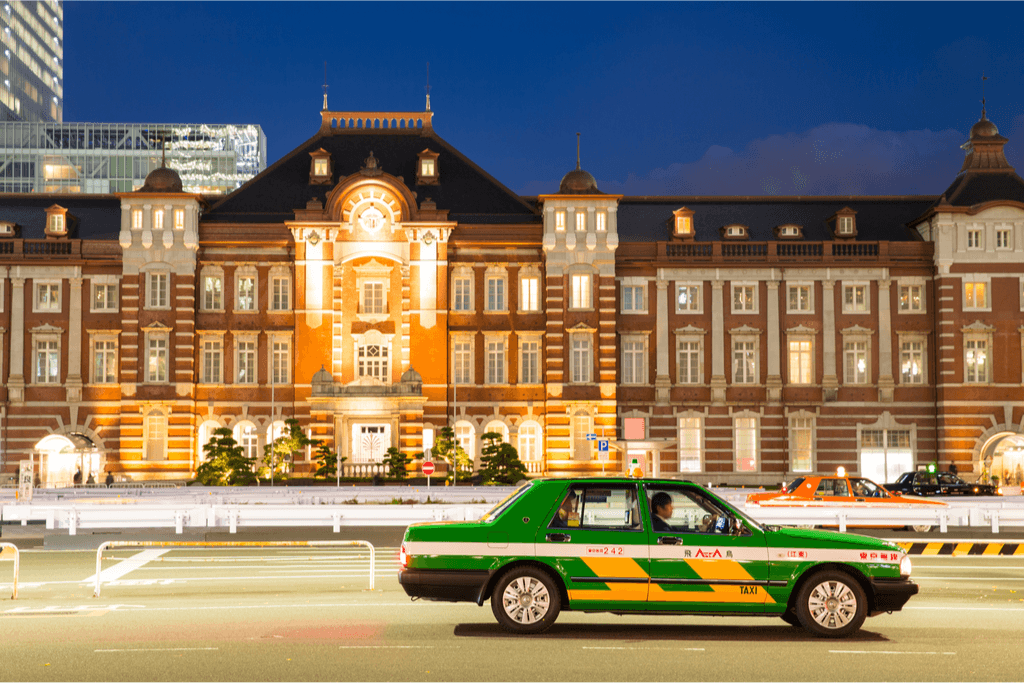
Seating Arrangements
When entering a meeting room, make sure to double-check where you should be seated because there usually assigned seat placements. The seating arrangements are typically based on seniority. with the person with the highest seniority sitting in the center. People next in line sit next to the boss, and the lowest rank of people sit near the back..

Business Dinners
After business meetings, it is common for the inviting company to organize a business dinner. Depending on the company it may either be at a local izakaya (Japanese pub) or it might be at a special restaurant. Normally at these business dinners, the mood is much more casual than that in the meeting but senior staff may still expect you to fulfill their requests.
Just like in meetings, be sure to confirm where you need to sit.
It is also customary for junior members to pour drinks for the senior members or guests. If you are driving make sure to tell the company that is inviting you that you will need non-alcoholic options as Japan has strict zero-drink driving laws.
It usually takes students many years before they master business etiquette so do not stress too much if you are unsure what to do. Japanese business people will be appreciative and accommodating as long as you demonstrate some effort in trying to follow proper etiquette. If you make mistakes, be polite, apologize for the inconvenience and you’ll be fine!
Have you ever been on a business trip in Japan? What was your experience like? Were you able to successfully use your business etiquette while you were there? Let us know in the comments below.


